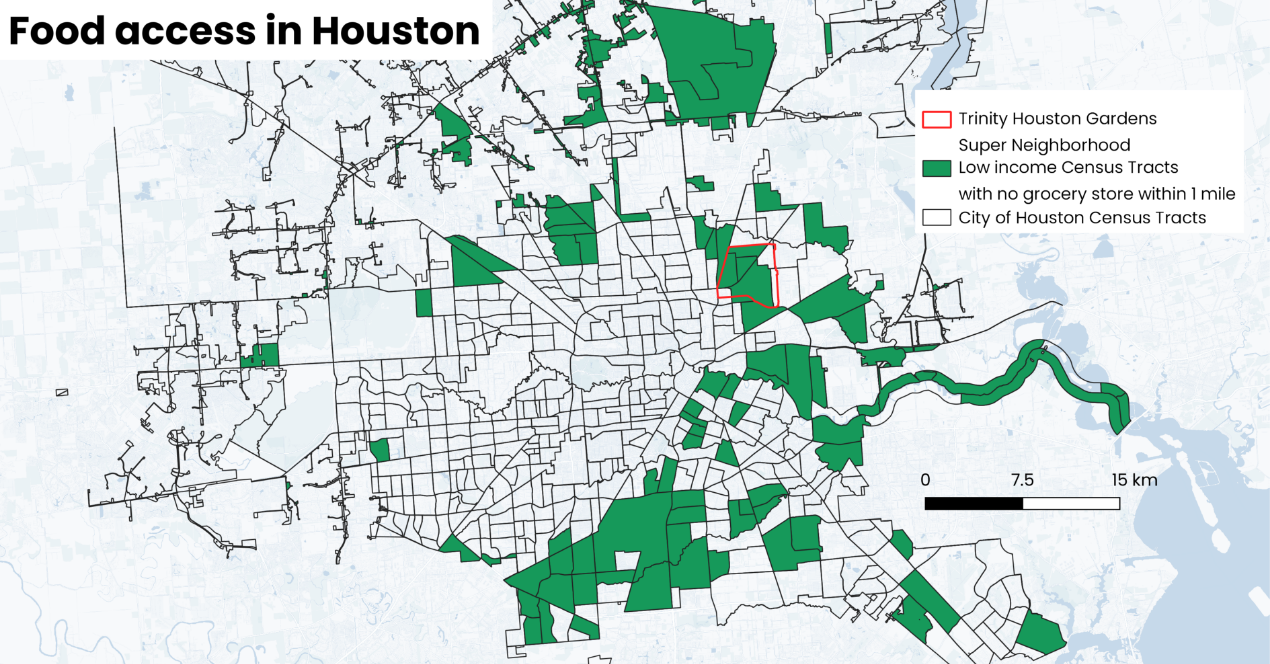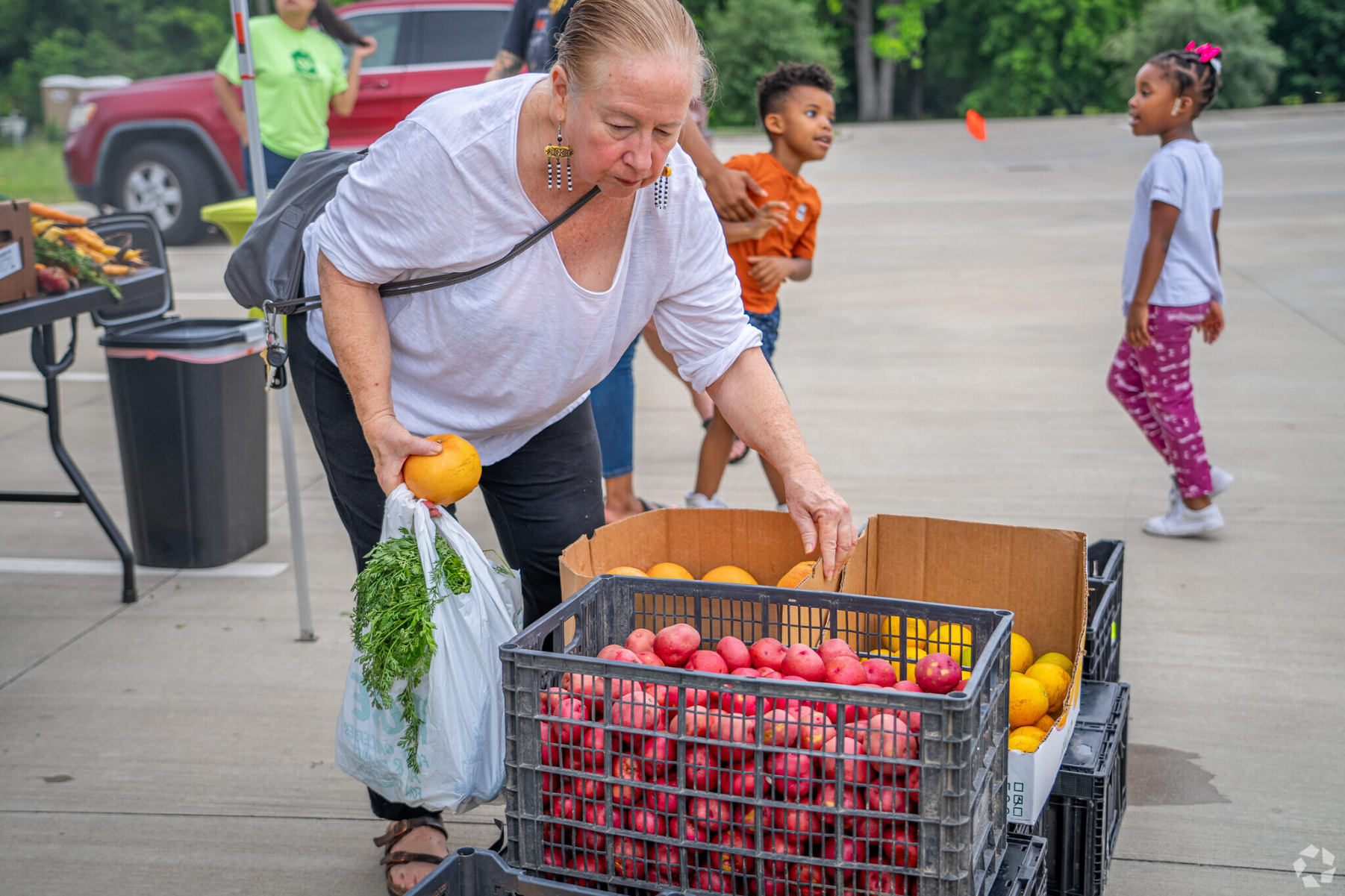Financial
Human
Social
Access to fresh, healthy foods at no cost is a lifeline to families that are struggling with rising costs of housing, healthcare and groceries.
Community members are aware of risks their community faces, but are more concerned about meeting their daily needs like accessing healthy, nutritious foods.




